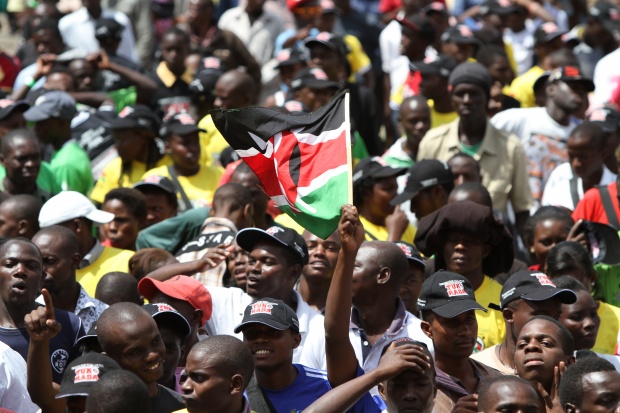×
The Standard e-Paper
Home To Bold Columnists

The world celebrates International Youth Day this month with calls for the creation of safe spaces for youth.
Young people in Kenya comprise the largest part of the entire population, with three quarters being under the age of 30. The provision of space is critical for their positive development.